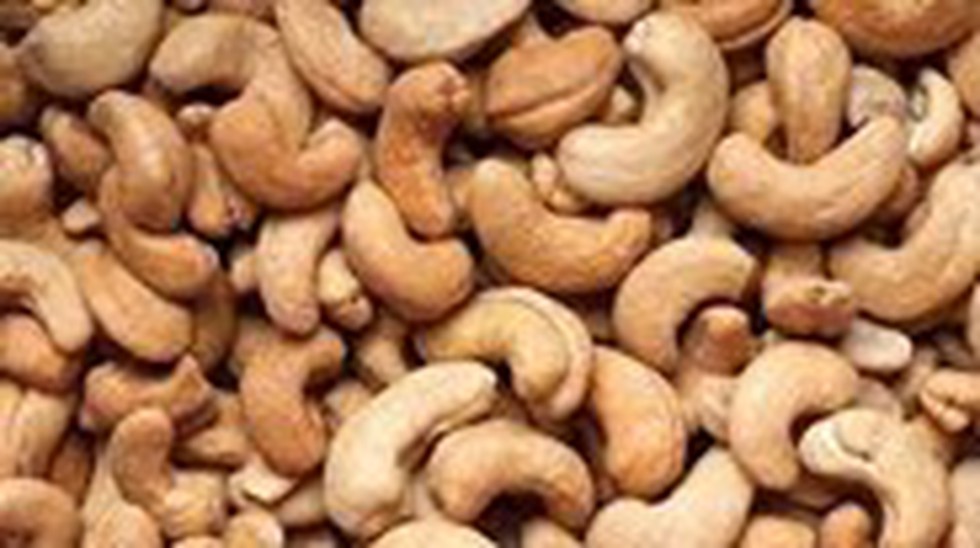About the Cashew Crop:
- It is native to Brazilin Latin America and was introduced to India by the Portuguese in the 16th century (1570).
- Climatic condition
- Soil and climate: Well-drained deep sandy loam soils are the best for growing cashews. In general, all soils, from sandy to laterite, are well suited for this crop.
- It is very well adapted to Indian coastal areas under hot, humid conditions
- Temperature: In the range of 20 to 38 °C; relative humidity in the range of 60 to 95%.
- Rainfall: annual precipitation in the range of 2000 to 3500mm.
- Extremely low temperatures and frost are not conducive to raising cashew plantations.
- The cultivation of this crop is being extended to non-traditional areas in the plains of Karnataka, Madhya Pradesh, Chattisgarh, and some parts of North East hill region.
- India holds the second-largest share in the world's cashew nut production and exports.
- The country's top export destinations include the UAE, the Netherlands, Japan, and Saudi Arabia.
Key facts about Agricultural and Processed Food Products Export Development Authority (APEDA)
- It was established by the Government of India under the Agricultural and Processed Food Products Export Development Authority Act of 1985.
- It works under the Ministry of Commerce and Industry.
- Objective: To develop and promote the export of scheduled products.
- The products specified under the APEDA ACT are called scheduled products, and exporters of such scheduled products are required to register under APEDA.
- It provides financial assistance, information, and guidelines for the development of scheduled products.
